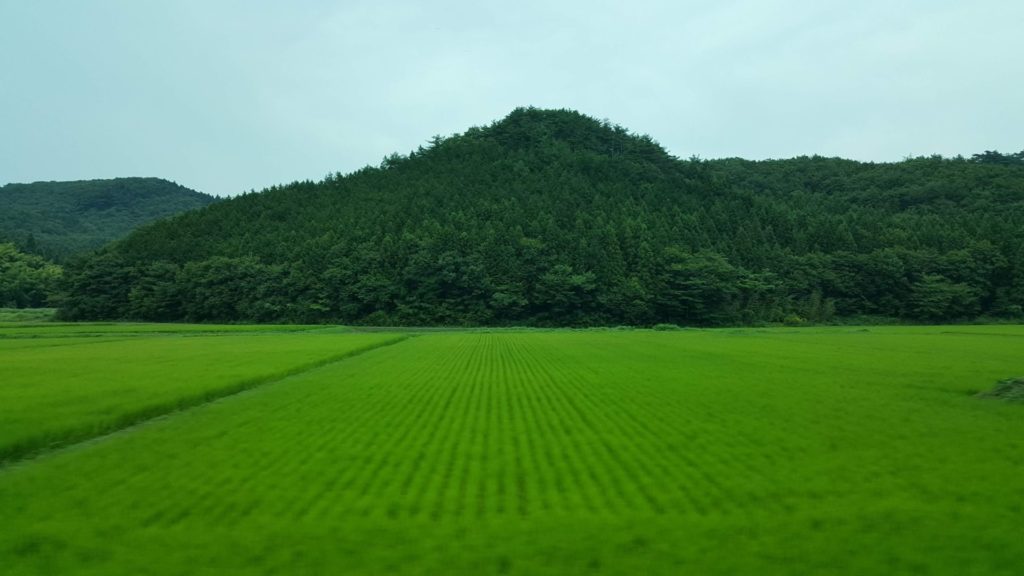According to Reuters, on September 22, the US Food and Drug Administration recently lifted their previous restrictions on Japanese food imports.
After the disastrous earthquake that triggered the Fukushima nuclear disaster, the United States banned the import of 100 agricultural products from 14 counties including Fukushima, Iwate, and Miyagi. The United States is the third largest market for Japanese agricultural and fishery products in the world. Japan’s exports of agricultural and fishery products to the United States last year amounted to more than 110 billion yen.
The European Union is also expected to relax food bans in October 2021 from nuclear-affected areas in Japan.
There are still 14 countries and regions including China, South Korea, and Taiwan which continue to restrict food import from Japanese nuclear-affected areas.
Coincidentally, Taiwan stated on September 22 that it had formally submitted an application for accession to the Comprehensive and Progressive Agreement for Trans-Pacific (CPTPP) and at the same time notified all its member states for supporting their application.
The predecessor of CPTPP is the "Trans-Pacific Partnership Agreement" (TPP), which was originally an agreement pushed by former US President Barack Obama to counterbalance China's influence during his tenure. It has a high threshold for trade liberalization, but his successor, President Donald Trump, announced his withdrawal from the agreement in 2017.
Following the U.S. withdrawal, Japan led the negotiations to reorganize the agreement and in 2018, 11 countries including Australia, Canada, Chile, Japan, Mexico and New Zealand signed the CPTPP in Santiago, Chile.
After the United States announced the lifting of the food ban on nuclear-affected areas in Japan, Taiwan announced its candidature to the CPTPP. Does it mean that Taiwan will also lift the food ban from Fukushima?
Since the 2011 nuclear disaster in Fukushima, Taiwan has banned food imports from Fukushima and the surrounding areas. The Taiwanese public voted against the resumption of imports in a referendum, which triggered dissatisfaction in Japan. Taiwan’s membership to the CPTPP may therefore encounter Japanese resistance.
What has caused public dissatisfaction is that the opening of food imports may be like the opening of US pig imports at the beginning of the year. It is a decision that the ruling authorities have to make in exchange for their own political interests, and this decision is ultimately at the expense of people's interests.
This caused more controversy within Taiwan, the Kuomintang (Chinese Nationalist Party) questioned the true intentions of the ruling Democratic Progressive Party in applying to join the CPTPP at this time. Eric Chu, a candidate for the Kuomintang chairmanship, stated on September 23 that China submitted an application to join the CPTPP on September 16, and Taiwan only applied to "compete" with mainland China.
Chu said that if the Democratic Progressive Party is a responsible ruling party, then what should be done should have been prepared long ago, instead of waiting and apply five years later. He bluntly said that he does not think that the Democratic Progressive Party has to make any preparations for the issue of "opening up nuclear food" to join the CPTPP, and everything is for the sake of gaining leverage.
Two days later, on 25 September, Chu won the election and became the new chairman of the Kuomintang.

